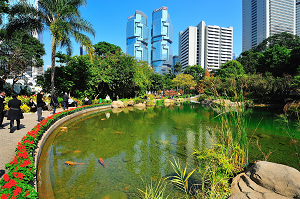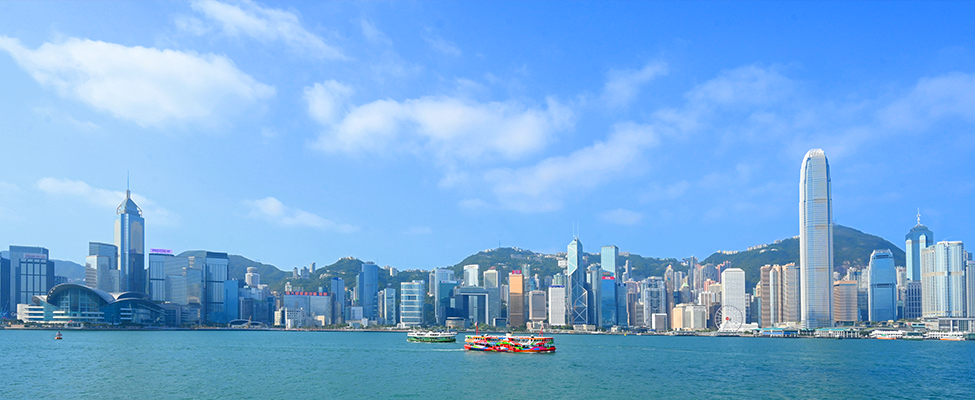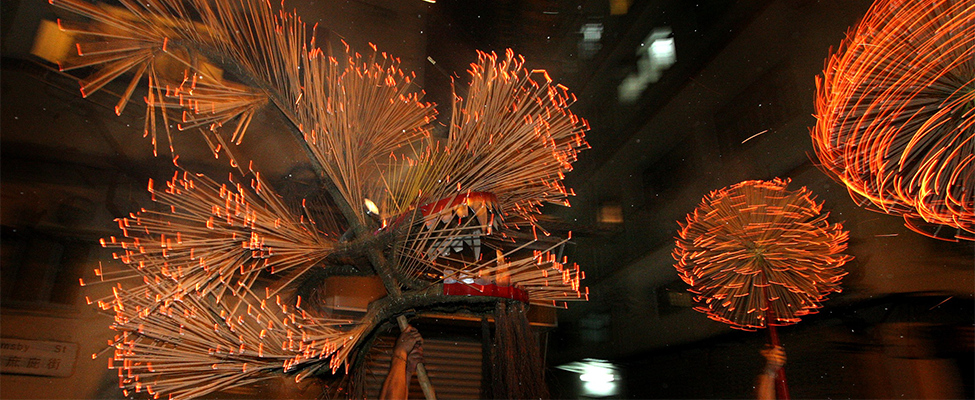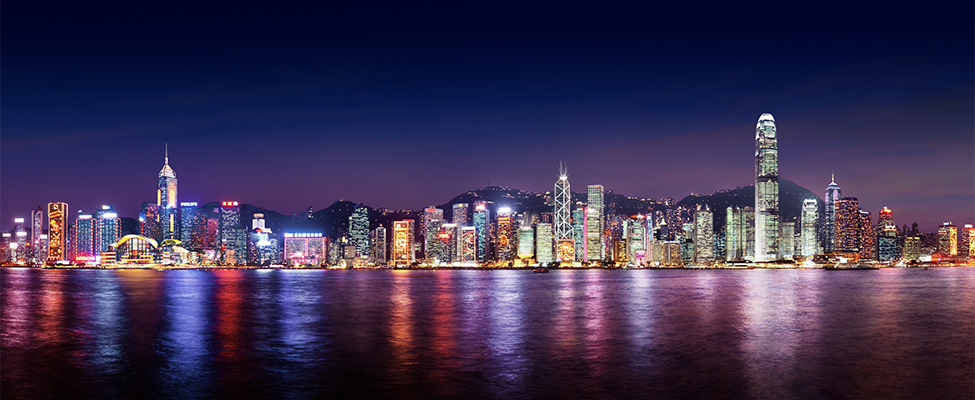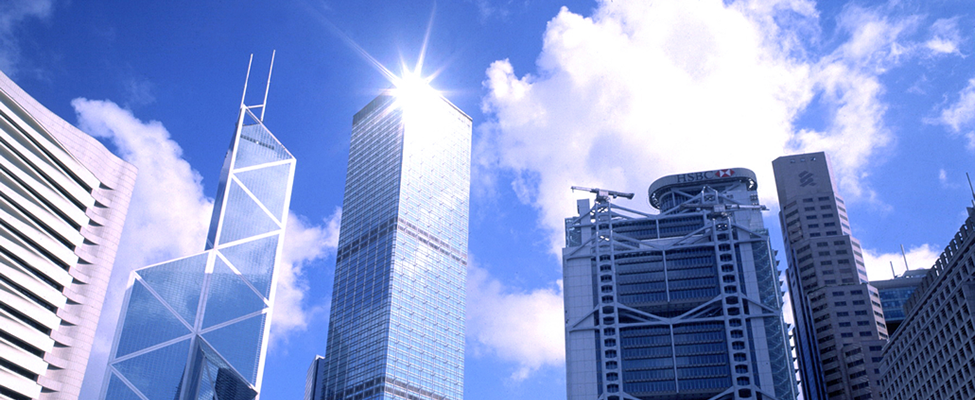Newsletter
Dear Friends,
The world has returned to normalcy after three years of pandemic. Borders are open. People are traveling. And businesses in different sectors are exerting effort to recover. However, the looming geopolitical tensions pose a challenge to speedy economic recovery. The Russo-Ukrainian War has disrupted not only Europe, but also the whole world. Energy and food crises, hyperinflation and ever changing monetary policy have an impact on every economy and people’s livelihoods worldwide. Hopefully the recent agreement between Saudi Arabia and Iran to restore diplomatic relations will lead to a more peaceful Middle East region. Improvement in people’s livelihoods is only possible when there is peace. Recoupling is better than decoupling. The global community should take a step back and rethink the way forward. Now is the time to change and give peace a chance. Acknowledge differences, embrace diversity, build understanding and trust for mankind.
In October 2022, the 20th National Congress of the Chinese Communist Party (“CCP”) was concluded successfully in which strategic plans were advanced to set out major goals and tasks for China’s future development. On the one hand, common prosperity and the vital role of the government are necessary. The government has confirmed once again that it will continue encouraging and bolstering the development of the private economy and supporting the decisive role of the market in the allocation of resources. In President Xi Jinping’s remarks at the opening ceremony of the 5th China International Import Expo in November 2022, he promised to expand China’s market open-up further and to turn the vast market into enormous opportunities for the world. China has strived to create new opportunities for the world with its own development. Therefore, it will further open up its market to foreign investment in the manufacturing sector as well as in high-tech industries, so as to attract more global stakeholders to invest in and develop their operations in China. A win-win situation can be achieved in which the country better aligns its domestic economic agenda with the concerns and interests of foreign investors.
Leveraging the advantage of “One-Country, Two-Systems” and guided by the Outline of the 14th Five-Year Plan for National Economic and Social Development approved in 2021, Hong Kong is to reinforce and enhance its competitive edges and advance the development of the Guangdong-Hong Kong-Macao Greater Bay Area (“GBA”). Hong Kong will become a proactive “participant” in the domestic circulation and a proactive “facilitator” for the international circulation in the “dual circulation” development strategy. Eight areas and designations have been identified for further enhancement and growth: International Financial Center; International Transportation Center; International Trade Center; Center for International Legal and Dispute Resolution Services in Asia-Pacific; International Aviation Hub; International I&T Hub; East-meets-West Center for International Cultural Exchange; and Regional Intellectual Properties (IP) Trading Center. Furthermore, as an international financial center, Hong Kong will play a more proactive role in the country’s strategic plan, including strengthening its position as the key offshore Renminbi (“RMB”) center.
Speed Up and Grasp Every Opportunity
Despite the disruption caused by the pandemic, the Better Hong Kong Foundation (“the Foundation”) has continued its momentum and spared no efforts in facilitating communication and collaborations locally and internationally. In 2022, we invited prominent speakers to exchange and share their views on various topics, either in-person or virtually. In August, we were honored to invite Mr. John Lee, Chief Executive of the Hong Kong Special Administrative Region (“HKSAR”), to meet and exchange views with our members. In December, Mr. Lee gave a speech at our annual speaking luncheon attended by the heads of Consulate Generals and international chambers of commerce. In November, Mr. Leung Chun-ying, Vice Chairman of Chinese People’s Political Consultative Conference (“CPPCC”) and Former Chief Executive of the HKSAR, shared his insight on the role of Hong Kong after the 20th National Congress of the CCP. On the economic and financial front, in April Mr. Edward Yau, then Secretary for Commerce and Economic Development of the HKSAR, and in January Dr. Hu Yifan, Regional Chief Investment Officer and Head of Macroeconomics APAC of UBS, shared their views on Hong Kong’s role as an international business center. In June, Mr. Chandran Nair, Founder & CEO of Global Institute for Tomorrow, shared his thoughts on geopolitics and the future of Hong Kong.
To keep abreast of the latest developments in Mainland China, in October, we invited two scholars, Prof. Xu Xianglin, Director of the Institute of National Governance Studies, Peking University, and Prof. Shi Weimin, Researcher of the Institute of Political Science of the Chinese Academy of Social Sciences, to discuss the formulation and execution of national policies. In August, Dr. Lee Kai-fu, Chairman and CEO of Sinovation Ventures, shared his view on the deep tech development in China. In March and November, Mr. Wang Xiangwei, former Editor-in-chief of the South China Morning Post, and Dr. Joe Fang, Research Director of the One Country Two Systems Research Institute, both knowledgeable about China’s political system and governance structure, gave separate talks to our members. Under the theme of building a global innovation center, the annual Shanghai-Hong Kong Cooperation and Development Forum, was held successfully in a hybrid format in November. We were honoured to invite Mr. Paul Chan, the Financial Secretary of the HKSAR to deliver the keynote speech at the Forum.
Building a better Hong Kong is our mission. In August, the Foundation’s members gathered to deliberate on our work plans, including the future direction and strategy. Three key subjects were raised: civil diplomacy, financial development and talent retention. We have engaged the media to raise public awareness and encourage the discussions on these topics. As for youth development, we believe our younger generation should equip themselves with better knowledge and understanding of the Mainland as well as with a global view. Against this background, the Foundation, together with the Commissioner Office of the Ministry of Foreign Affairs of the PRC in the HKSAR and the Education Bureau of the HKSAR, co-organized the “Hong Kong Cup Diplomatic Knowledge Contest”. In its 14th edition, the contest attracted over 48,000 students from 233 primary and secondary schools in the city, setting the record since the contest’s launch in 2007.
Be Confident and Faithful
We would like to express our sincere thanks to our staunch supporters, including our Trustees, members, partners and friends like you. This year, we are pleased to welcome three new Council Members: Mr. Ronald Chan, Chief Investment Officer of Chartwell Capital Ltd; Mr. K C Kung, Managing Partner of Nexus Point Advisors (HK) Ltd; and Mr. Arnold Leung, Founder & CEO of Appnovation Technologies Ltd. Without your unfailing support, our work and mission could not be fulfilled successfully. We are faithful and confident that together we could create a brighter and better world!
Karen Tang
Executive Director
The Better Hong Kong Foundation
Please click here to view the Foundation’s Newsletter 2022 issue
